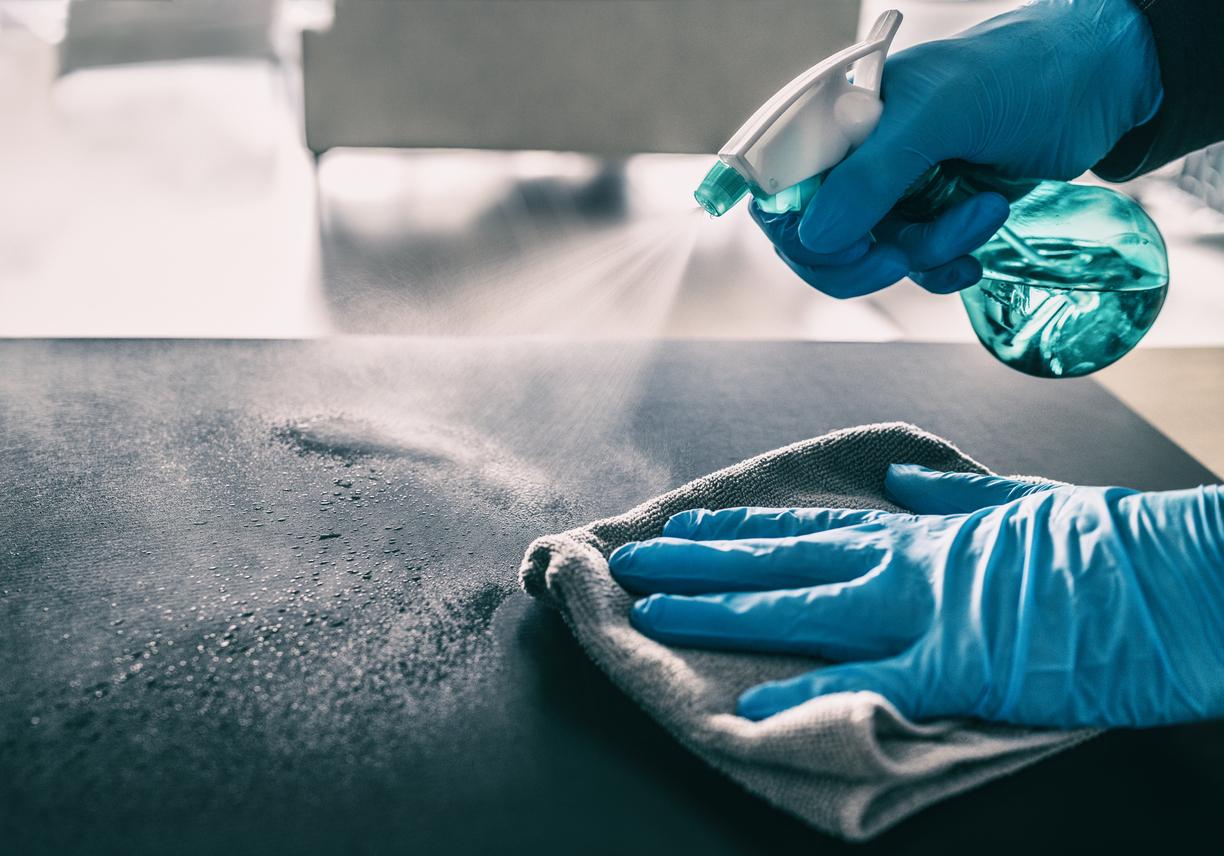March 12, 2002 – Babies Resulting from Fertilization in vitro have a higher risk of developing neurological problems than those conceived naturally, according to a Swedish study published in The Lancet.1
The study authors checked the medical records of two groups of children conceived in vitro between 1982 and 1995, 5,680 children and 2,060 twins. They compared them respectively with those of two control groups of 11,360 children and 4,120 twins. Data on children’s neurological problems were provided by Swedish rehabilitation centers.
In total, it appears that children born following fertilization in vitro are 1.7 times more likely to seek rehabilitation for neurological problems than children conceived naturally. In order of importance, there were suspected developmental delays, cases of cerebral palsy (cerebral palsy), birth defects, chromosomal aberrations, mental retardation and behavioral disturbances. In the twins group, however, the most common neurological problem was mental retardation: thus twins ” in vitro ”Had 1.5 times more mental retardation than“ natural ”twins.
Several factors seem to be responsible for this increased risk, including the high rate of twins, low birth weight babies and premature babies. However, the last two factors stem from the increased frequency of the number of twins, attributable precisely to the method of fertilization. in vitro. In order to reduce the number of twins, researchers therefore recommend the implantation of a single embryo instead of several.
This study corroborates the results of recent Australian research indicating, among other things, that fertilization in vitro multiply by 2 the risk of major disabilities in children.2
Élisabeth Mercader – PasseportSanté.net
According to L’Actualité Médicale, March 6, 2002
1. Stromberg B, Dahlquist G, Ericson A, Finnstrom O, Koster M, Stjernqvist K. Neurological sequelae in children born after in-vitro fertilization: a population-based study. Lancet 2002 Feb 9; 359 (9305): 459-60.
2. Hansen M, Kurinczuk JJ, Bower C, Webb S. The Risk of Major Birth Defects after Intracytoplasmic Sperm Injection and in Vitro Fertilization. N Engl J Med 2002 Mar 7; 346 (10): 725-30.

















